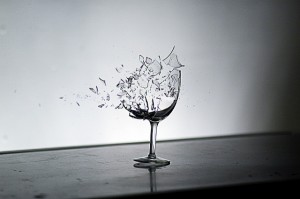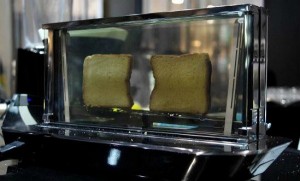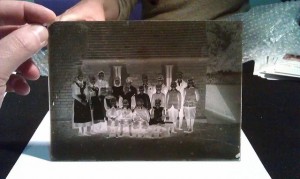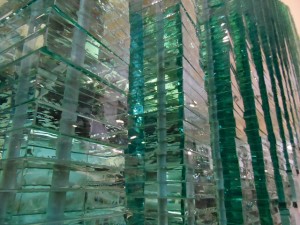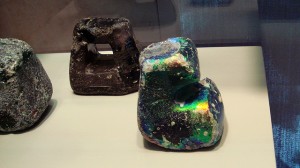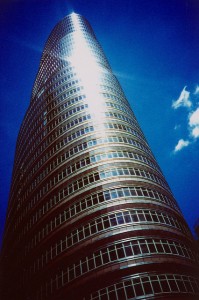Colorado School gets glass strength grant
We don’t usually look at glass at the molecular level, but if we did, we’d see glass molecules arranged in a random pattern instead of the typical, neatly ordered structure that gives solids their strength. That molecular randomness makes glass weaker than other materials, and it makes it tough to classify glass as a solid, even though it seems… well … solid.
The Usable Glass Strength Coalition has given an $80,000 grant to the Colorado School of Mines to study glass in order to improve the industry’s understanding of the strength of glass. The CSM proposal was chosen because it advances strength research that was already performed by researchers at Pennsylvania State University. The CSM researchers hope to answer questions about why glass surfaces can lose strength as they interact with their environment.
The researchers will examine flaws in glass and glass components that set or contribute to inherent weaknesses in finished glass. Understanding the mechanisms that make glass weak may help scientists develop new manufacturing methods or discover new materials that can enhance the strength of glass.
Improving the strength of glass can contribute to advances in many different fields, including science and research, manufacturing, construction, clean energy and telecommunications, among others. Today, glass is typically strengthened by heat-treatment or by coating the glass surface to make it more resistant to contact injuries.
Heat-treated glass is significantly stronger than untreated glass, but it may also suffer from manufacturing defects that are hard to detect and can result in catastrophic failures. New coatings can also strengthen and protect a glass surface, but they can be expensive to create and may not protect against common accidents. Being able to strengthen glass at the molecular level may reduce the need to treat glass after manufacturing, and may produce better, more reliable results.
Glassprimer™ glass paint is a specialized glass coating that bonds permanently to glass surfaces. GlassPrimer also makes a glass surface molecular activator that is designed to work with UV-inkjet glass printing processes. For more information about Glassprimer™ glass paint, please visit the rest of our site. If you’d like to purchase Glassprimer™ glass paint, please visit our online store
Photo Credit: Steven Duong, via Flickr.com

